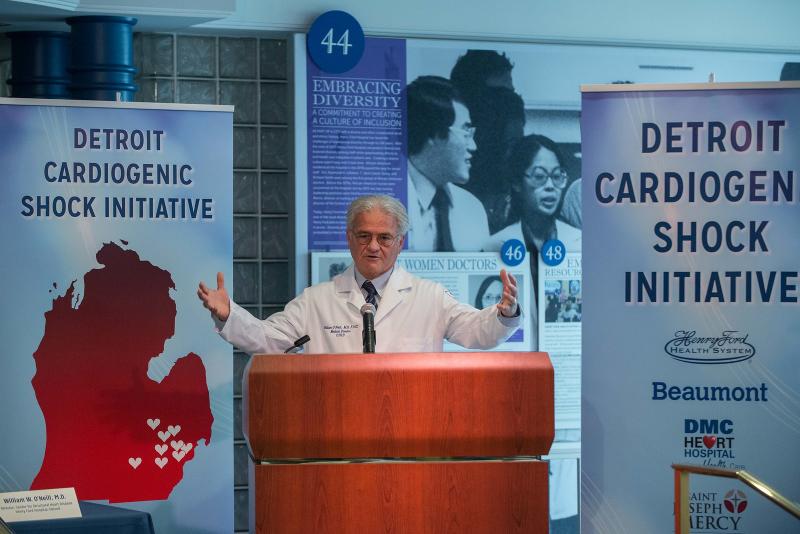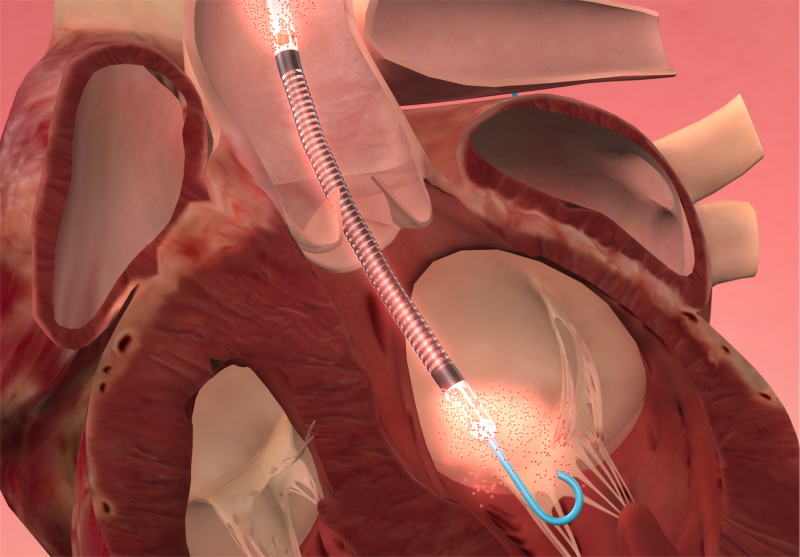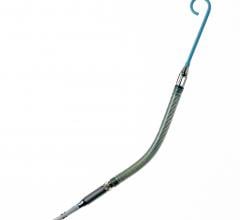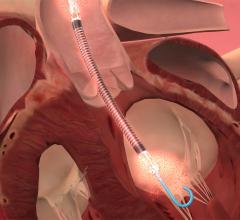The U.S. Food and Drug Administration (FDA) sent a letter to cardiologists this week to explain its evaluation of high ...
Cardiogenic Shock
This page includes content on technologies to treat cardiogenic shock, including percutaneous ventricular assist devices (pVAD), intra-aortic balloon pumps (IABP) and extracorporeal membrane oxygenation (ECMO). This condition occurs when the heart can no longer pump enough oxygenated blood to the body. The most common cause of cardiogenic shock is damage to the heart from a severe heart attack. The standard of care for this condition for more than 20 years has a 50 percent survival rate, but improvements have recently been seen in studies using early pVAD intervention prior to percutaneous coronary intervention (PCI). For more information, visit the National Institute of Health (NIH) cardiogenic shock information page.
Michael Amponsah, M.D., FACC, an interventional cardiologist at Mohawk Valley Health System, shares a case of Impella CP ...
Nevin Kapur, M.D., FAHA, FACC, FSCAI, executive director, Cardiovascular Center for Research and Innovation, Tufts ...


About 50 percent of patients in cardiogenic shock do not survive, and account for about 90,000 heart attack patients a ...
February 15, 2018 — Abiomed Inc. announced that it received an expanded U.S. Food and Drug Administration (FDA) Pre ...
December 19, 2017 — A team of researchers at the National Institute for Health Research (NIHR) Leicester Biomedical ...
A discussion with William W. O’Neill, M.D., medical director, Center for Structural Heart Disease, Henry Ford Hospital ...
November 1, 2017 — Results from the prospective, randomized, multicenter CULPRIT-SHOCK trial found an initial strategy ...
October 26, 2017 — Medical professionals representing hospital systems from across the United States are expected to ...
June 30, 2017 — Abiomed Inc. announced the recent publication of a peer-reviewed retrospective study on hemodynamic ...

Recent clinical study data presented at the American College of Cardiology (ACC) 2017 meeting show new treatment ...
A discussion with William O'Neill, M.D., FACC, FSCAI, medical director of the Center for Structural Heart Disease at Hen ...
April 3, 2017 — The influence of cardiac arrest and cardiogenic shock on outcomes of patients with ST-elevation ...
April 3, 2017 — Hospitals can dramatically increase heart attack survival rates in patients suffering cardiogenic shock ...


 February 05, 2019
February 05, 2019










